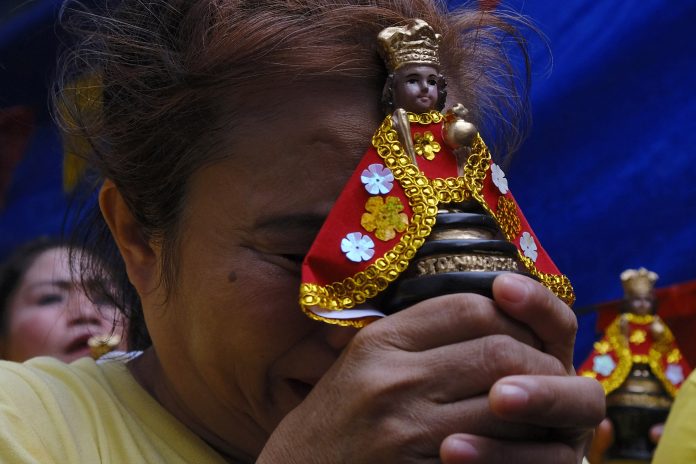Reflection for the 6th Sunday in Ordinary Time (Cycle C)
Today’s readings are testimonies to the foreverness of hope in the canon of our faith, the belief and conviction that we can always choose to have – or even not choose to have – in the reality of what we cannot see.
In the evolving theology of the way of Christ about our Abba, hope is a belief we can never have in him without his grace: We cannot depend on human faculties alone to think and behave according to the presence of the unreal, it is the Spirit who can fully inspire such a belief.
Hope thus by itself, affirms the transcendent nature of the realm of the Spirit. It exists within and beyond us, not in the visible nor in the tangible, but in another strange world present outside known dimensions. It cannot be seen nor felt, merely comprehended through the mind of our hearts.
Though we may not be sure that this world subsumes or is subsumed by ours, hope is an indication and reinforcement of an understanding of something better in that other world, an anticipation of a future encounter that will enlighten rather than darken; that will rejuvenate rather than depress; that will glorify rather than punish.
The Spirit moves us towards this anticipation, providing both the meaning and purpose of this life in relation to a defined direction for the next: What we do today, determines our eternity. What we do for God today, determines our foreverness with him.
The Psalm succinctly proclaims, “Blessed are they who hope in the Lord.” Persevering prayer, meditation and action upon the Word, in every moment of life, will be rewarded in the glory which only the Spirit and not the world, can give. Faithfulness will be gifted with the satisfaction of all needs; will enable one to overcome trials and tribulations; will guide all towards the fulfilment of genuine service for the kingdom.
Fidelity to the ignominious yet selfless suffering and death of the Christ, will help us avoid the ignominy that comes with pride, selfishness and attraction to the fleeting pleasures of a world tending to its own destruction; and obtain the eternal veneration that comes with humility and charity for all those generations desperately seeking for their souls. Jeremiah admonishes, “Cursed is the man who trusts in human beings and depends on a mortal for his life, while his heart is drawn away from God!” For such is one “who never finds happiness” and so, “Blessed is the man who puts his trust in God and whose confidence is in him!”
For his part, Paul in his letter to the Corinthians, explains that the absence of a belief in the resurrection of the dead, simply signifies the absence of hope. It implies the absence of the pathway from this world of suffering and persecution, to an unseen world of redemption and vindication. It also implies that death is the finality of everything, that the Spirit is also subject to this finality and hence, will also “die,” a contradiction to the essential notion that the Spirit and the salvation it offers is infinite. It therefore translates to a hopelessness that we will never be saved from the state of having “fallen short” to the state of “becoming complete.” He therefore exhorts us to a joyful confession of the resurrection, to hold onto the promises of paradise, for “If it is only for this life that we hope in Christ, we are the most unfortunate of all people.” And we can only hold onto these promises because they were clearly fulfilled in our Lord.
In the Lucan story of the Beatitudes, the Christ firmly asserts that hope is ironically better comprehended by those who have nearly lost it in and for the world. Indeed, who may be in a clearer position to perceive “something better” if not from circumstances and conditions that exhibit the worst of the human condition? Is it not reassuring for us to witness a pauper in his misery, persist in coming to church to cry out to God to ask for a blessing he cannot win for himself? Is it not equally discouraging for us to witness a prince in his prosperity, relent in coming to church to thank God for a blessing he presumes he deserves? In the end, he warns that those who have found fortune for themselves, will eventually lose what they have gained at the expense of the deprivation of others; and that those who have lost, will eventually gain more through the justice of heaven.
Brother Jess Matias is a professed brother of the Secular Franciscan Order. He serves as minister of the St. Pio of Pietrelcina Fraternity at St. Francis of Assisi Parish in Mandaluyong City, coordinator of the Padre Pio Prayer Groups of the Capuchins in the Philippines and prison counselor and catechist for the Bureau of Jail Management and Penology.
The views expressed in this article are the opinions of the author and do not necessarily reflect the editorial stance of LiCAS.news.









